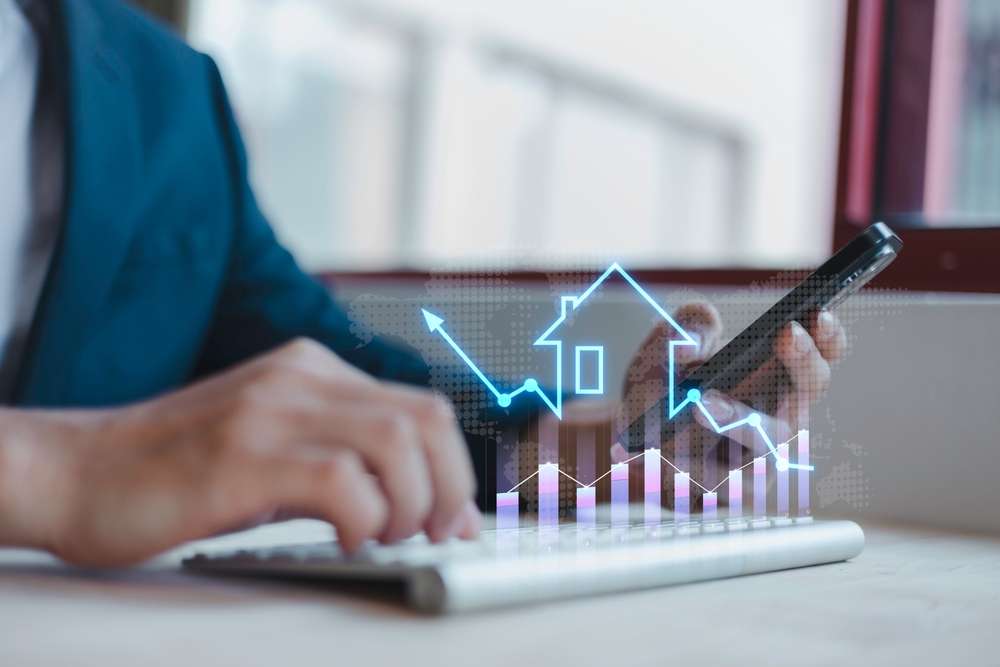Property Management Software: Streamlining Real Estate Operations
Property management software has revolutionized the way real estate professionals handle their portfolios. This powerful tool combines various functions into a single platform, enabling property managers to efficiently oversee multiple properties, tenants, and financial transactions. As the demand for streamlined property management solutions grows, understanding the capabilities and benefits of these systems becomes crucial for success in the competitive real estate market.

What is property management software?
Property management software is a comprehensive digital solution designed to simplify and automate various aspects of property management. It integrates essential functions such as tenant screening, rent collection, maintenance requests, financial reporting, and lease management into a centralized system. This software allows property managers to oversee multiple properties, track important deadlines, and maintain accurate records with ease, ultimately improving operational efficiency and reducing manual errors.
How does property management software benefit real estate professionals?
Property management software offers numerous advantages to real estate professionals. Firstly, it significantly reduces administrative workload by automating routine tasks such as rent collection and late payment reminders. This automation frees up valuable time for managers to focus on strategic decision-making and client relationships. Additionally, the software provides real-time access to critical data, enabling managers to make informed decisions quickly. With features like online tenant portals, communication between property managers and tenants becomes more streamlined, leading to improved satisfaction and retention rates.
What key features should you look for in property management systems?
When evaluating property management systems, several key features stand out as essential for optimal performance. Robust financial management tools, including rent tracking, expense management, and financial reporting, are crucial for maintaining accurate records and making informed business decisions. Tenant management features, such as online applications, screening tools, and lease management, streamline the leasing process and improve tenant relationships. Maintenance management capabilities, including work order tracking and vendor management, ensure timely resolution of property issues. Additionally, look for software that offers customizable reporting, mobile accessibility, and integration with other business tools to maximize efficiency.
How can property software improve tenant satisfaction and retention?
Property software plays a significant role in enhancing tenant satisfaction and retention. By providing tenants with an online portal, they can easily submit maintenance requests, pay rent, and communicate with property managers. This self-service approach not only empowers tenants but also reduces the workload on management staff. Automated reminders for rent payments and lease renewals help prevent oversights and late fees, contributing to a positive tenant experience. Moreover, the efficient handling of maintenance issues through the software’s work order system ensures prompt resolution of problems, leading to higher tenant satisfaction and increased likelihood of lease renewals.
What are the latest trends in property management software?
The property management software industry is continually evolving to meet the changing needs of real estate professionals. One notable trend is the integration of artificial intelligence and machine learning capabilities, which can predict maintenance needs, optimize rental pricing, and automate routine tasks. Cloud-based solutions are becoming increasingly popular, offering flexibility and accessibility from anywhere with an internet connection. Mobile apps for both property managers and tenants are also on the rise, allowing for on-the-go management and communication. Additionally, there’s a growing focus on data analytics and reporting features, enabling property managers to gain deeper insights into their portfolio performance and make data-driven decisions.
How do different property management software solutions compare in terms of features and pricing?
When comparing property management software solutions, it’s essential to consider both features and pricing to find the best fit for your business needs. Here’s a comparison of some popular options:
| Software Name | Key Features | Cost Estimation |
|---|---|---|
| Buildium | Comprehensive accounting, online rent payments, maintenance management | Starting at £40/month for up to 50 units |
| AppFolio | AI-powered leasing tools, utility management, online payments | £1.25 per unit/month with a minimum monthly fee |
| Yardi Breeze | Marketing tools, tenant screening, mobile app | Starting at £1 per unit/month |
| MRI Software | Financial modeling, investment management, AI-driven insights | Custom pricing based on portfolio size |
| Rentec Direct | Tenant screening, online payments, automated late fees | Starting at £35/month for up to 10 units |
Prices, rates, or cost estimates mentioned in this article are based on the latest available information but may change over time. Independent research is advised before making financial decisions.
In conclusion, property management software has become an indispensable tool for real estate professionals seeking to streamline their operations and improve efficiency. By carefully evaluating the features, pricing, and scalability of different solutions, property managers can select the software that best aligns with their business needs and growth objectives. As technology continues to advance, embracing these digital tools will be crucial for staying competitive in the dynamic real estate market.
The shared information of this article is up-to-date as of the publishing date. For more up-to-date information, please conduct your own research.




